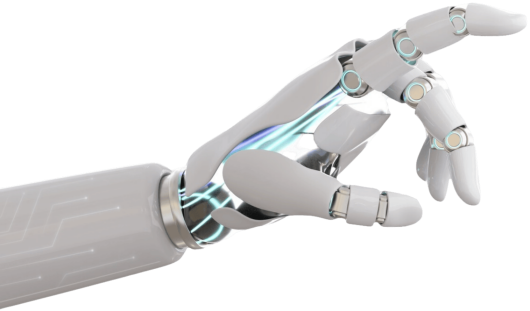
Nowadays, there is an increasing development of online learning and digitalisation in the field of education. In the current pandemic context, when teaching and evaluation activities, including lectures, assignments and examinations, are moved in online environments, there is an interest in analysing and understanding how online learning methodologies impact the students’ learning outcomes as well as their evaluation process. This paper proposes the employment of a self-organizing map model trained using unsupervised learning for uncovering hidden patterns in academic data, with the aim of analysing the impact of online and traditional learning methods on the students’ performance. By using real academic data sets collected from Babes-Bolyai University, from both online (academic year 2020-2021) and traditional learning environments (first semester of the academic year 2019-2020), the present analysis highlights that there are no significant differences between the students’ academic performances in these environments. The unsupervised-learning based analysis is reinforced by the results obtained by applying logistic regression for predicting the students’ performance.
Unsupervised learning, Self-organizing maps, Students’ performance prediction, Online learning.
Zsuzsanna ONEȚ-MARIAN, Gabriela CZIBULA, Mariana MAIER, "Using Self-Organizing Maps for Comparing Students’ Academic Performance in Online and Traditional Learning Environments", Studies in Informatics and Control, ISSN 1220-1766, vol. 30(4), pp. 31-42, 2021. https://doi.org/10.24846/v30i4y202103